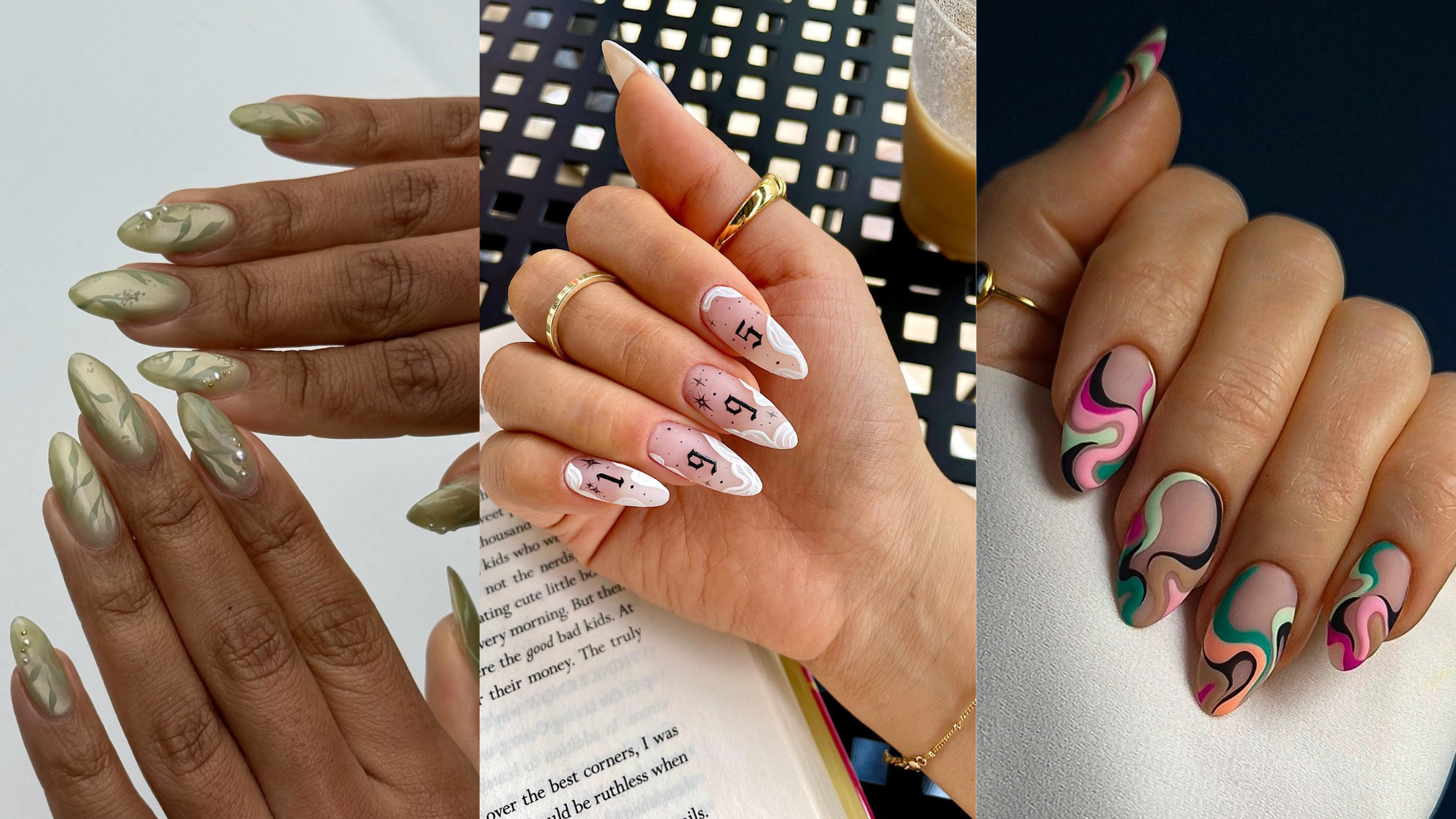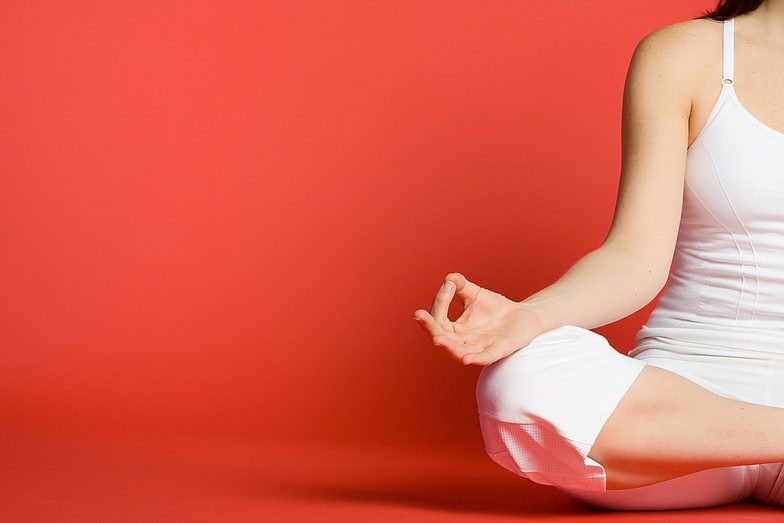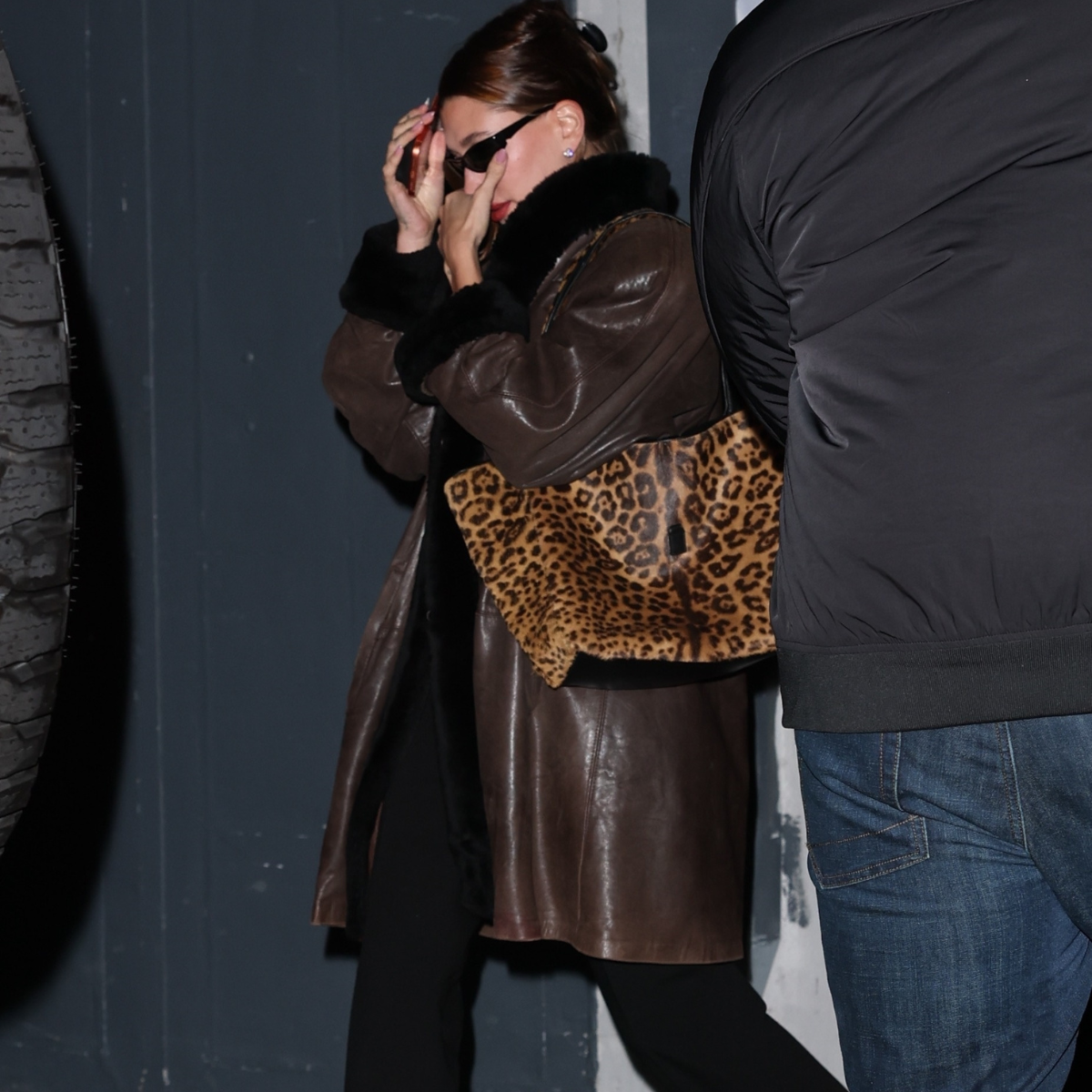Meredith Gunderson
How are you feeling? I just bumped into an old friend on the daily constitutional and when she asked how I was, I said, ‘Honestly? I’m worn out.’ She nodded in agreement. While I realise that I am very fortunate to be working from home and not on the frontline, or home schooling as well as running a business; after almost a year of being in and out of lockdown, with all the chaos and uncertainty we’ve experienced in the UK, is it any wonder everyone’s exhausted?
In spite of the brilliant vaccine news, I’ve found the last few weeks have been the hardest yet. And I know quite a few people feel the same.
‘People have ups and downs,’ says spiritual teacher and expert in mindfulness and meditation, Meredith Gunderson, ‘One day you’re fine, the next you’re on the floor – and it’s exhausting. It’s the classic thing of worrying about things we have no control over. It’s been a really fucking hard year and people are experiencing a lot of tension.’ And though I haven’t mentioned it here, I’ve definitely been overthinking everything and feeling anxious throughout the pandemic, ‘We have been in a heightened state of vigilance (or hyper vigilance) for months and unfortunately that becomes the new normal,’ continues Meredith, ‘Lots of habits emerge from this, that make us highly reactive – for instance, we read something or watch the news, we tense up within a split second; this tension creates resistance in the body and mind, with resistance we become more tense, and also stuck.’
Months of Pandemic Worry has taken it’s toll.
I’m tired and stuck. Fortunately, Meredith has offered her excellent advice on getting through the rest of lockdown and being more resilient. It’s working for me…
Stage 1 – Allowing
If you feel a huge amount of tension, it’s not because you haven’t been meditating enough. Release the blame by practising ‘allowing.’ It’s the antidote to hyper vigilance.
Allowing is dropping the resistance, getting unstuck. Even if events are not unfolding as we would have wished, they are what they are. When we approach the moment with less tension we are much better placed to move forward in a more intelligent way. It’s worth noting that some tension and stress in life is natural and normal and we can absolutely handle it – but chronic reactive tension will take a toll on us.
Try out the mantra, ‘I’ll allow it,’ and just see how that makes you feel.
Stage 2 – Curiosity and kindness
Ask yourself what you need at this moment. Imagine how it feels when a loved one just sits with you, attentively, asking how you are doing and simply listening (rather than arguing or dismissing your feelings) – do that for yourself, be the ‘friend’ who is curious and kind.
Stage 3 – Disrupting habits
Repeated behaviours get hard-wired into the brain. Our brain has no way of knowing if the habits are good for us or bad for us, it just knows that it’s a behaviour on repeat. Once this happens enough times it moves from the conscious mind to the unconscious, so you then perpetuate that behaviour without even thinking about it.
It becomes automatic. You may notice how reading or watching the news triggers a stressed state, for instance. We just need to hear the opening sequence of the news and the breath becomes shallower, tension may gather in the jaw or shoulders. Once we notice the triggers we can disrupt them.
Taking one deep breath will work, or even just checking in with the body – scan to see if you are tensing up, exhale and soften…
Stage 4 – Soften
Any, and all, practices for body and mind must be entered into with gentleness and kindness. We need to bend, not break. Probably the single most useful thing we can do for ourselves is to soften. Soften to ourselves, others, the world, the moment.
Softness is hugely powerful and brings with it a capacity for receptivity and even innovation and creativity – which is much more valuable and needed right now than rigid minds and bodies.
Stage 5 – Use your body
Most people are stuck in their heads, right now. We have been processing so much information, Zooming and Face Timing, and not getting out as much as usual. It’s a very ‘neck up’ experience. An integrated body is much more grounded and calm.
Wave the Permission Wand and do things because you enjoy them. Dance play lists are a must! Also, yoga, stretching (when we’re feeling stressed it makes us feel smaller and smaller so stretching to the maximum really helps), getting a good night’s sleep (or an afternoon nap) will do wonders. I have a couple meditations that help with body awareness you can try, for free: Mindfulness Meditation and Deep Chill Out.
Meredith is kindly offering That’s Not My Age readers a £10 discount on her Meditation Masterclass, making it £45 (rather than £55).
It’s a tried and tested collection of five lessons to get you meditating daily. ‘If you recognise the effect stress has on your daily life and you want to do something about it – this is perfect for you,’ she says.
Find all of the course details HERE. For more information check out Meredith’s website: Modern Meditation Movement.
- Click to share on Facebook (Opens in new window)
- Click to share on Pinterest (Opens in new window)
- Click to share on Twitter (Opens in new window)













